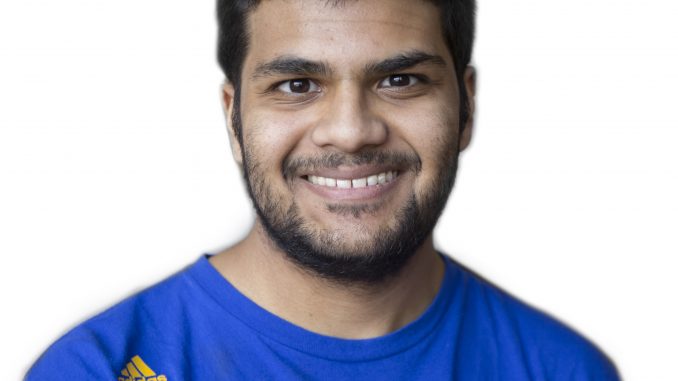
 FBI Director James B. Comey spoke to a crowd at the University of Chicago’s law school last month on the “Ferguson Effect”—an idea that draws upon our current age of smartphone cameras and easy Internet access to claim many people are using these tools to scrutinize policing excessively.
FBI Director James B. Comey spoke to a crowd at the University of Chicago’s law school last month on the “Ferguson Effect”—an idea that draws upon our current age of smartphone cameras and easy Internet access to claim many people are using these tools to scrutinize policing excessively.
“A chill wind has blown through law enforcement over the last year, and that wind is surely changing behavior,” Comey said.
Due to constant smartphone vigilance, police officers are supposedly less incentivized to do their jobs. The lack of aggressive policing would then cause crime rates to rise. It draws its namesake from the town of Ferguson, Missouri, where unarmed African American teenager Michael Brown was shot to death by a police officer.
Brown’s death prompted nationwide protests and—the theory proposes—an uptick in crime within the municipality. Comey’s remarks about a “Ferguson effect” are only attempts to derail important conversations our nation is having, namely regarding criminal justice reform and police brutality.
Because of the nationwide discussion sparked by victims of police brutality like Tamir Rice in Cleveland, Ohio and Eric Garner in Staten Island, New York, dashboard and wearable cameras are used more frequently in U.S. cities.
“There’s no doubt that we would be benefited from having dashboard cams,” said Drew D’Amore, a sociology and psychology professor, regarding the use of cameras. “And I don’t buy the argument that people don’t like doing their job on camera, because everyone has to do their job on camera. Even if you’re not literally in front of a camera, if you’re a teacher for example, you’re going to be observed at some point in your career. It’s part of your feedback.”
During an annual convention in Chicago held by the International Association of Chiefs of Police the week after Comey’s speech at the University of Chicago, the FBI Director reiterated the feelings he described at the university. President Barack Obama gave a speech at the convention as well, addressing the FBI Director’s concerns, where he dismissed the theory, noting the lack of evidence supporting it; indeed, the U.S. is enjoying a decades-long downward trend in crime rates.
Comey admitted his ideas were purely speculation, but even so, a high-ranking official publicly speculating about such a hot-button issue must be a means to some end, data or not. President Obama continued, saying that anecdotes are not sufficient bases to drive policy or to feed political agendas.
In Philadelphia, some cops have noted their behavior changes due to increased camera usage. While Philadelphia Police Commissioner Charles Ramsey said there isn’t data to support the theory, an anonymous officer recounted his first incident of being recorded to a Daily News reporter last week. The officer was called onto a SEPTA bus to remove a disruptive woman.
“I told her, ‘I don’t want to use force,’” the officer said, then 45 percent of the bus riders pulled out their cameras and began filming, the officer told the Daily News.
It’s been suggested that criminal justice reform seems like a big priority to the President during his time in office. Obama notably said in July, during a visit to a federal prison, that he would have been in jail had his family not been there to support him. During his 2008 campaign, he shared experiences he had with marijuana and cocaine as a young adult.
To add to this, the President publicly supported a bipartisan bill entering the Senate in early October, that proposes shorter mandatory minimum jail sentences and makes said minimums applicable to fewer crimes, among other additions.
Both parties have advocated for criminal justice reform. The bill traveling through the Senate process seems to have a brighter future than its older sibling; a similar bill proposed in June is still the subject of fiery debate between the aisles in the House, which looks like it will be stuck at committee for a while longer.
In U.S. cities, using surveillance to combat police brutality is gaining more backing by the day. Comey’s attempt to throw criminal justice reform efforts off-track in Washington D.C. may stir up the process, but support for body and dashboard cameras remains on an upward trend, a theoretically positive step for any police force. So long as we stay involved, keep having our important discussions and dodge those that try to slow or distract us, progress isn’t just possible—it’s bound to happen.
Humza Ismail can be reached at humza.ismail@temple.edu.


Be the first to comment